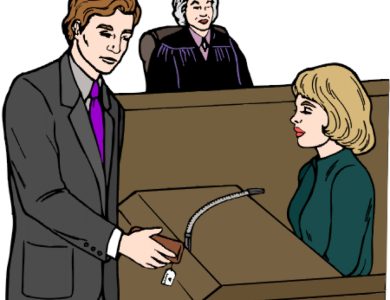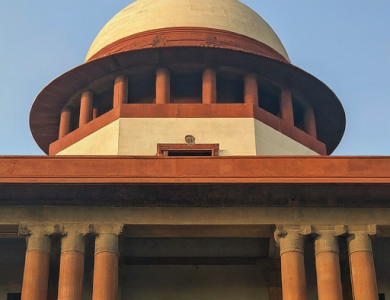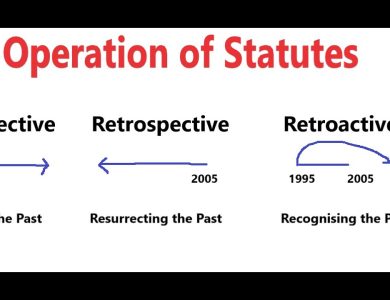How to Get an FIR Quashed in High Court

FIR Quashing in High Court:
Introduction
An FIR, or First Information Report, is a document that is filed with the police when a crime is committed. It is the first step in the criminal justice process. The FIR must be filed within 24 hours of the crime being committed.
However, there are cases where an FIR is filed with malicious intent, to harass or intimidate the accused. In such cases, the accused can approach the High Court to get the FIR quashed.
The power of the High Court to quash an FIR
The High Court has the power to quash an FIR under Section 482 of the Code of Criminal Procedure (CrPC). Section 482 of the CrPC gives the High Court the power to “exercise its inherent powers to prevent abuse of the process of any Court or to secure the ends of justice”.
The High Court has interpreted this power to include the power to quash an FIR that is false or frivolous, or that has been filed with mala fide intent.
Grounds for quashing an FIR
The following are some of the grounds on which an FIR can be quashed by the High Court:
- The FIR is false or frivolous.
- The FIR does not disclose any cognizable offence.
- The FIR is mala fide or motivated.
- The FIR has been filed to harass or intimidate the accused.
- The accused has suffered damage or injury as a result of the FIR being filed.
Procedure for quashing an FIR
The procedure for quashing an FIR in High Court is as follows:
- The accused must file a petition in the High Court.
- The petition must set out the grounds on which the FIR is being challenged.
- The High Court will then hear the petition and decide whether to quash the FIR.
The importance of quashing an FIR
The quashing of an FIR is important for the following reasons:
- It protects the accused from being harassed or intimidated by the police.
- It saves the accused from the time, expense, and stress of a criminal trial.
- It helps to clear the accused’s name and restore their reputation.
Conclusion
The quashing of an FIR is a discretionary power of the High Court. The High Court will weigh the various factors involved in each case before deciding whether to quash the FIR.
If you have been falsely implicated in an FIR, you should consult with a lawyer to discuss your options for getting the FIR quashed.
Additional information
Here are some additional things to keep in mind about FIR quashing:
- The High Court will not quash an FIR simply because the accused denies the allegations. The High Court will require some evidence to support the accused’s claim that the FIR is false or frivolous.
- The High Court will also not quash an FIR simply because the accused has suffered damage or injury as a result of the FIR being filed. The High Court will need to be satisfied that the damage or injury was caused by the FIR, and that it was not caused by some other factor.
- The High Court will also consider the public interest in deciding whether to quash an FIR. For example, the High Court may be reluctant to quash an FIR if it involves a serious crime, or if it is in the public interest for the case to be investigated.
If you are considering filing a petition to quash an FIR, you should consult with a lawyer to discuss your chances of success








